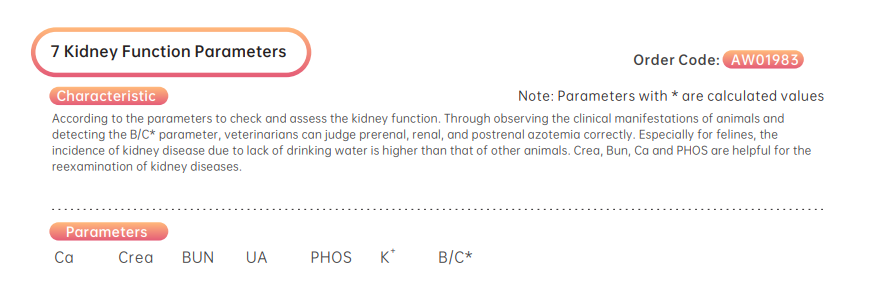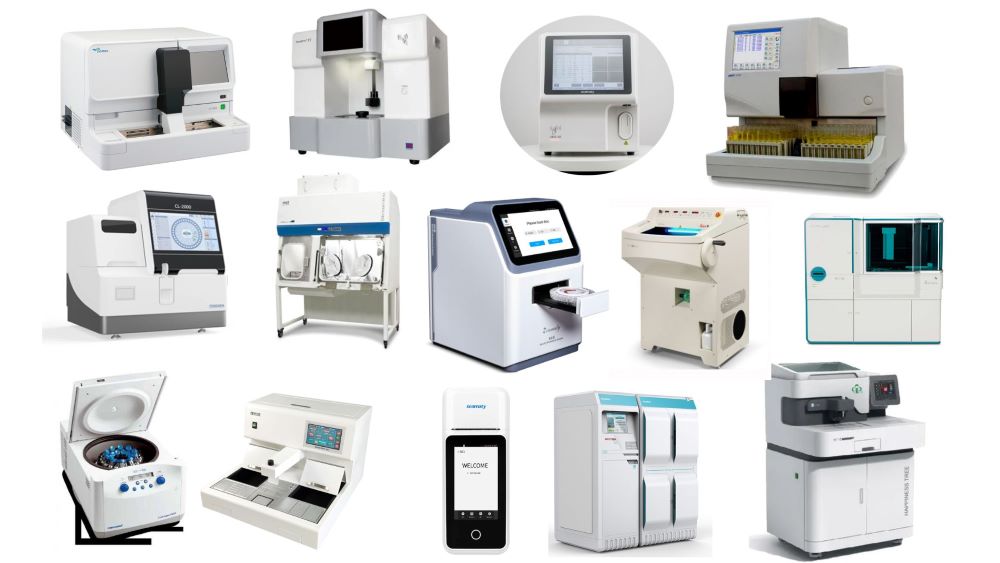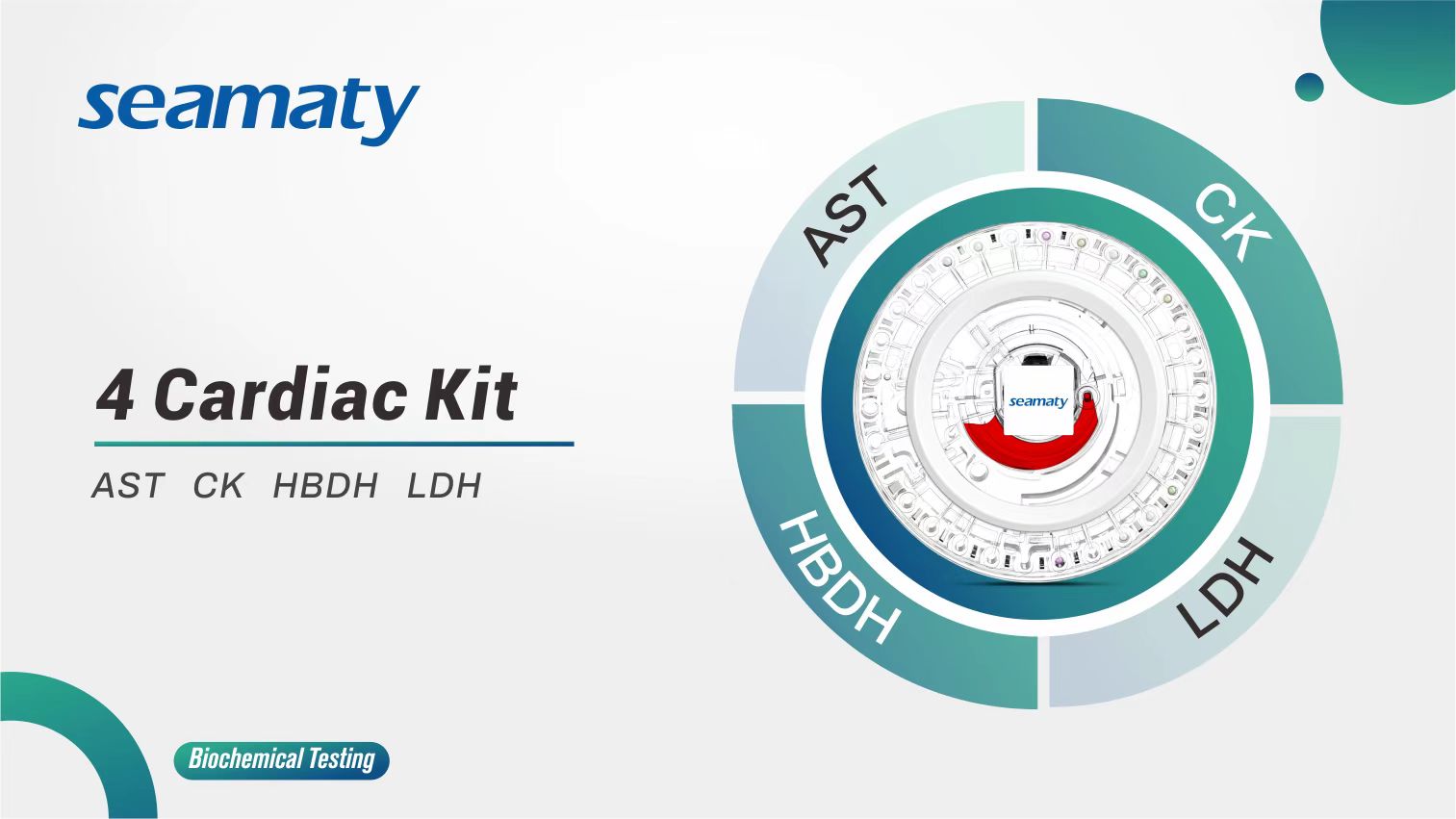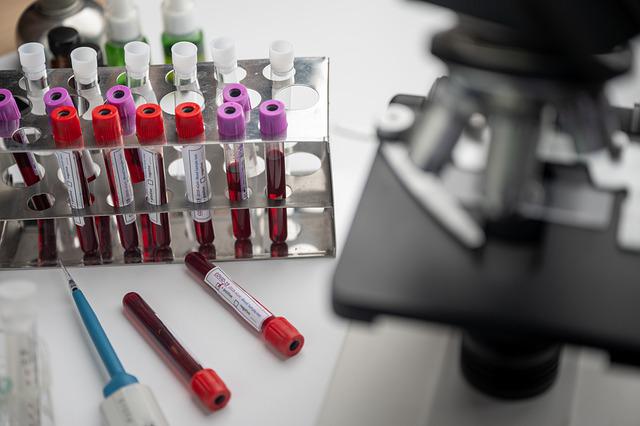release time:2022-03-10 15:00:02


2024-08-07
Explore 14 essential laboratory equipment, their functions, and top brands. Learn how these tools advance medical research and diagnostics, ensuring accuracy and efficiency in modern labs.

2022-09-18
There are many different tests that are used to diagnose heart-related problems. They often include electrocardiograms, X-rays, echocardiograms, blood tests, coronary angiograms, radionuclide tests, MRI scans, CT scans and more. Blood tests are often the most basic diagnostic tool. Blood tests can detect various indices of the patient, while myocardial enzyme profile is usually an important parameter in the clinical diagnosis of cardiovascular diseases.

2022-03-18
As a practitioner in the in vitro diagnostics industry, blood is closely related to our products. Biochemical analysis, immunoassay, blood cell analysis, blood coagulation analysis, etc. are all dependent on blood.